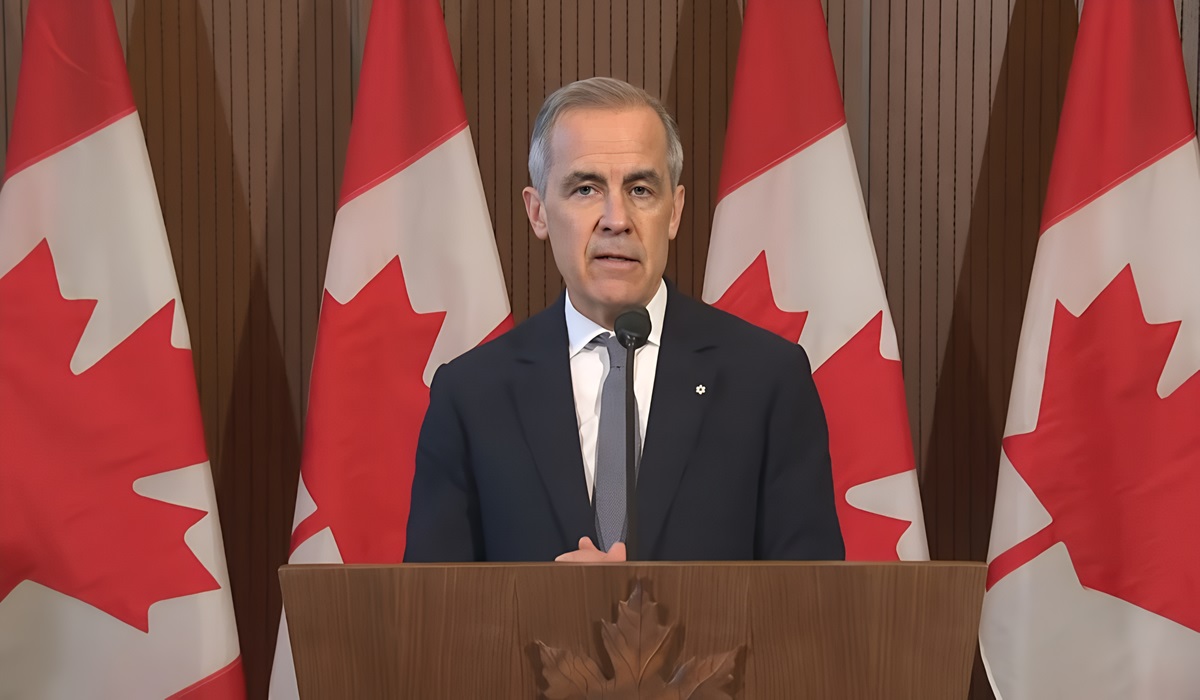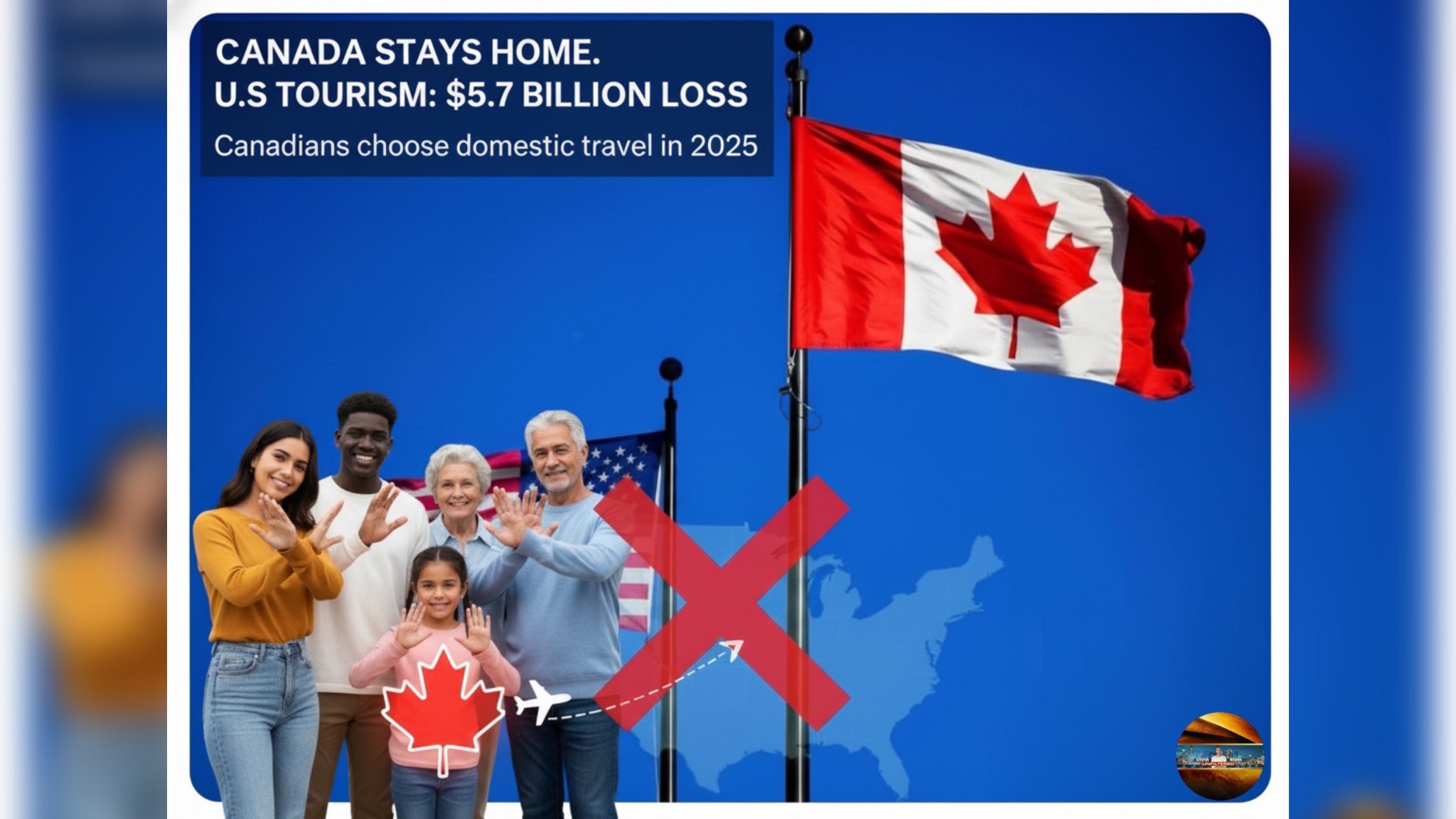Canada’s NATO Spending Hike Isn’t Just a Bad Idea—It’s a Step Backwards
- TDS News
- Canada
- June 9, 2025

By Donovan Martin Sr.
Prime Minister Mark Carney has announced that Canada will meet NATO’s 2% defense spending target this year, a sharp departure from the position of his predecessor, Justin Trudeau, who only last year made clear that Canada had no intention of meeting the benchmark. That shift is more than a policy correction—it’s a full-blown ideological reversal that risks entrenching Canada deeper into the very military logic we ought to be questioning.
NATO, once a Cold War bulwark, now functions less as a collective defense pact and more as a mechanism to sustain global militarization. Its constant demand for increased spending does little to promote peace and everything to expand the influence of defense industries and hawkish foreign policy agendas. By rushing to fulfill a pledge rooted in outdated geopolitical assumptions, Carney is aligning Canada with a strategic vision that serves Europe’s insecurities far more than our own.
The claim that Canada must urgently ramp up defense investments to “modernize” its forces misses the point. A country like Canada, geographically insulated and rich in technological capacity, does not need to prove its value through raw military output. The obsession with hitting arbitrary spending thresholds shifts focus away from strategic outcomes and toward performative metrics that benefit NATO’s image, not Canada’s long-term interests.
There is no credible threat requiring this scale of defense escalation. What this move does signal, however, is a surrender to the same pressure that has driven Europe into an unsustainable arms race. It invites us to abandon restraint and diplomacy in favor of chest-puffing alliances that stoke global tensions rather than diffuse them. If anything, it shows Canada is more committed to pleasing external powers than leading with independent vision.
This is not the Canada of peacekeeping and quiet strength. This is a Canada being drafted into the machinery of the military-industrial complex, one contract at a time. And while Carney may hope this reassures allies or silences critics, it does so at the expense of what has historically made Canadian foreign policy credible: our ability to lead with purpose, not follow with a checkbook.
Meeting the 2% target may win applause in NATO circles, but it will come at a long-term cost. Not just in dollars, but in direction. And once that door is open—once Canada fully buys into militarized benchmarks as a measure of global relevance—it becomes harder to walk it back.
This isn’t bold leadership. It’s a misstep disguised as strength.








